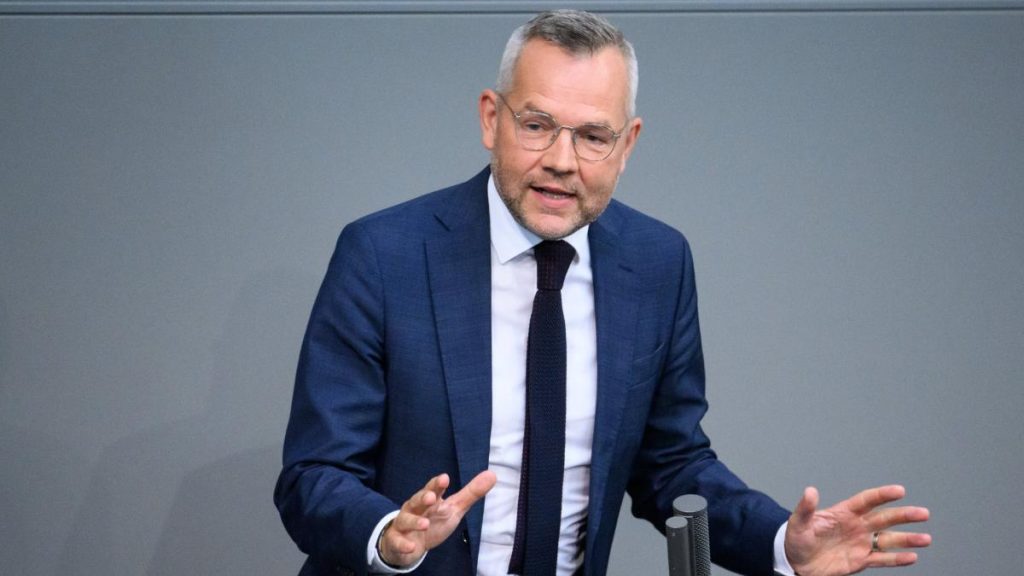After being a prominent figure in the SPD for many years and advocating for help for Ukraine, Michael Roth has announced that he will be stepping back from politics in 2025. The 53-year-old chairman of the Foreign Affairs Committee cited a growing disconnect from the party and the political arena as reasons for his decision. He expressed feeling a lack of motivation and an internal distance from the political scene, and emphasized that he does not want to retire as a member of parliament.
Roth also mentioned his increasing estrangement from the SPD, despite being a passionate Social Democrat who once aspired to be the party’s leader. He described feeling alienated during meetings and being put off by the atmosphere. The shifting dynamics within the party, especially regarding issues of war and peace, contributed to his decision to step away. Roth’s early advocacy for Ukraine was met with resistance from some colleagues, and he acknowledged his role in failing to engage in meaningful dialogue with them.
Having been a member of the Bundestag since 1998, Roth served as the Minister of State for Europe in the Foreign Office from 2013 to 2021, as well as the government’s representative for German-French cooperation. Since 2021, he has chaired the Foreign Affairs Committee in the Bundestag. However, Roth’s temporary break from politics in 2022 due to mental exhaustion highlighted the demanding nature of the political arena. He spoke about the intense stress and pressure faced by top politicians in today’s landscape, emphasizing the need for unwavering resilience and self-confidence to navigate the challenges.
Roth’s decision to leave politics after the upcoming Bundestag election reflects a broader trend of politicians reevaluating their involvement in the face of mounting pressures and changing dynamics within their parties. His candid assessment of the challenges within the political system sheds light on the personal toll that high-stakes decision-making and public scrutiny can take on individuals in leadership roles. As he prepares to transition out of politics, Roth’s departure marks the end of an era for the SPD and signals a shift in the party’s leadership landscape.
Ultimately, Michael Roth’s decision to step back from politics underscores the complex interplay between personal conviction, party dynamics, and the grueling demands of political life. His departure serves as a reminder of the sacrifices and challenges faced by those in positions of power, and raises questions about the sustainability of the current political landscape. As he embarks on a new chapter outside of the political sphere, Roth’s reflections offer valuable insights into the inner workings of the political process and the toll it can take on individuals.


